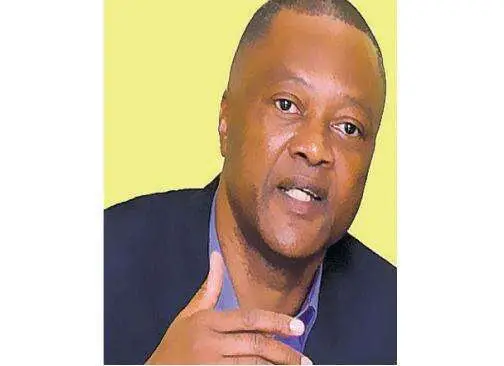
Public forum to discuss adversarial nature of wage negotiations
A public forum to examine alternative approaches to the contentious and adversarial nature of public sector wage negotiations is set for next Monday, January 22.
The forum, being organised by the Hugh Lawson Shearer Trade Union Education Institute (HLSTUEI), is set to start at 1:00 pm at the HLSTUEI Lecture Room at the Open Campus of the University of the West Indies, Mona. The theme is: ‘Public Sector Wage Negotiations: A New Approach, settling Today for Tomorrow’.
Speakers will include Rudyard Spencer, minister of state in the Ministry of Finance & the Public Service; Dr Noel Cowell, senior lecturer and head, behavioural sciences and general management, Mona School of Business and Management at the University of the West Indies, Mona Campus; Helene Davis Whyte, president of the Jamaica Confederation of Trade Unions; Michael McAnuff Jones, general manager of the Leadership Conservatory.
Head of the institute, Danny Roberts, said that the traditional approach to collective bargaining in Jamaica and the Caribbean is predicated on a zero sum game which fosters conflict and power bargaining, with the end game set to have winners and losers. He noted that with a few exceptions, public sector wage negotiations over the last years have been contentious, adversarial and has taken neither the workers nor the country on a sustainable path of economic growth and improved living standard.
He noted that five years ago the institute, the Mona School of Business and Management, and the University of Illinois, Urbana, Champagne, had conducted a workshop on interest-based bargaining among the social partners in the public sector. “The approach to this forum will be to try and provide a framework to address the current wage negotiations, but more importantly, to ensure that such a framework can result in creating value and mitigating harm in the future,” Roberts said in a release yesterday.
He said that studies done in the Caribbean and the United States have pointed to the need for a deeper and more inclusive approach to public sector collective bargaining, which he said goes beyond wage negotiations to the administration of workplace practices and policies that engage workers and provide a sense of equity and fairness.
The forum, Roberts said, will try to come up with some practical steps to take “to ensure that we avoid the pitfalls of a conjunctive bargaining approach which could derail the current economic programme”.
Roberts, a former executive of the National Workers Union, is co-chairman of the the Public Sector Transformation Oversight Committee.

























